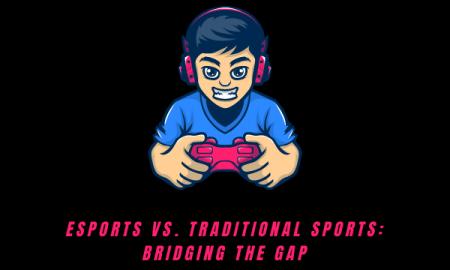Imagine the worst possible day for a trip: Heavy snow. Biting Cold. Road Closures. Public transport options gridlocked or shut down completely. What on earth could coerce someone to plan a three-and-a-half hour road trip for such a miserable day? Only one thing: sports.
This was the exact scenario facing three thousand fans of Newcastle United a few weeks ago as the blizzard referred to as the “Beast from the East” ravaged the Northeast of England –– the same weekend as Newcastle were set to play Liverpool at Anfield. So bad were the conditions that the match was nearly canceled. Yet despite the massive snowfall, the remote possibility of receiving a refund for their troubles, and Newcastle’s slim chances of victory (they lost again 2-0 by the way, and have not bested Liverpool at their home ground since 1994) they still made the trip.
Why?
What possesses someone to put themselves at risk so much as to ignore a travel advisory to attend a football match? Any other business would move mountains to achieve such brand loyalty –– and that’s what sports teams are these days –– brands, franchises. So what makes sports so special, and what can other companies learn from how sports teams market themselves?
Lesson One: Balancing Community and Exclusivity
What makes sports teams so successful about cultivating new fans is the sense of community many derive from supporting their local team. Indeed, it’s not an exaggeration at this point to suggest that certain sports teams are vital to their community's psyche. Think about Green Bay without the Packers, or St. Louis without the Cardinals. However, there’s also a hint of exclusivity about sports. The seductive idea that comes with a finite amount of tickets –– fans feel special that they’ve managed to get a seat when others are left at home. In short, sports teams manage supply and demand very well.
Lesson Two: Insider Knowledge
Every sports fan –– unlike other consumers –– wants exactly the same thing: for their team to win. So while consumers in other industries may often have a great variety of needs and desires regarding a certain product, sports fans tend to have a one-track mind regarding their team. To that end they’ll even put up with crumbling facilities, insufficient bathrooms, and outdated concessions if their team plays well. To help bridge the gap between customer and business, you can conduct surveys and request customer feedback after every interaction. Anything you can do to develop a deeper understanding of your customer base will prove beneficial in the long run. (For more information on how to best conduct a survey, you can check out a company like Communications for Research.)
Lesson Three: Ubiquity Matters
The phrase out of sight, out of mind holds a lot of weight for marketers. That’s because the more visible you are across platforms, the wider your reach becomes and the more customers you can bring in. Sports franchises have reached the pinnacle of this strategy: not only do they broadcast themselves everywhere –– on TV, radio, newspapers, and social media –– the very merchandise they sell acts as advertisement for their product. Shirts, jerseys, and scarves are the ultimate in offline marketing. In this way sports franchises provide an ideal model for businesses to follow. Like the perpetual motion machine, sports teams actually make money from advertising.
Conclusion
Though sports and other businesses are still distinctly different, the lines are blurring more every day. So don’t be afraid to study how and why sports teams are effective at promoting themselves –– it just may provide you with the insight to give your company a boost!






